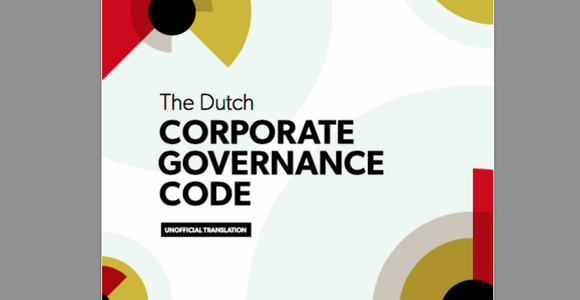After holding a public consultation, Nicole Notat (president of Vigeo and former head of the Union CFDT) and Jean-Dominique Sénard (CEO of Michelin) submitted in March the final report “L’entreprise, objet d’intéret collectif”, in which they outline several reforms aimed at connecting the purpose (mission) of the enterprise with the public interest.
Recommendations include reforming company law to clarify the object (purpose) of the company, specifying that companies should be managed in “its own interest while considering the societal and environmental stakes of its activity”, introducing the corresponding duty of the board to specify the “raison d’être de la société” to guide the company's strategy with respect to social and environmental issues, as well as recognising in law mission-driven companies that - irrespective of their legal form - meet responsible corporate governance criteria.
These proposals will be considered as part of the French government Action Plan for the Growth and Transformation of Enterprises (projet de loi PACTE). Macron’s cabinet is expected to debate the new law this Spring and send the law to be debated and voted on at the French Parliament.
At the EU level, the European Commission also adopted in March its “Action Plan on Sustainable Finance” in which they acknowledged that listed companies face increasing pressure capital markets to focus on short-term financial results at expense of sustainability. To address this problem, the action plan included a commitment to assess the need to a) require corporate boards to develop and disclose a sustainability strategy, including appropriate due diligence throughout the supply chain, and measurable sustainability targets; and b) clarify the rules according to which directors are expected to act in the company's long-term interest.
Both developments are highly positive in framing a new understanding of the corporation that integrates societal and environment concerns and it is managed accordingly.


















